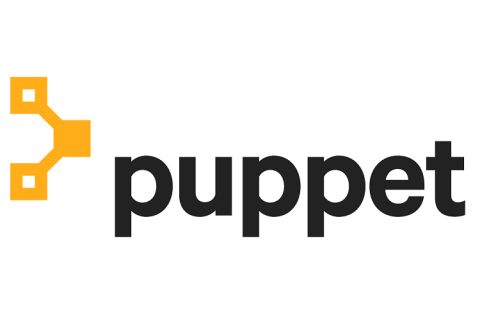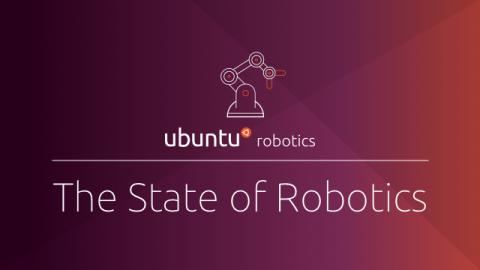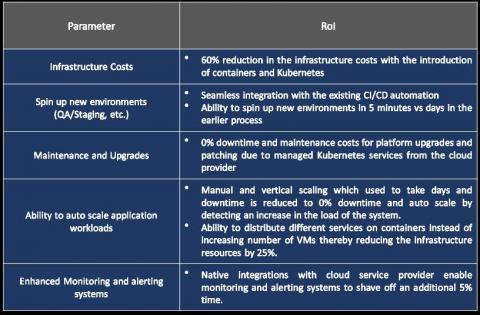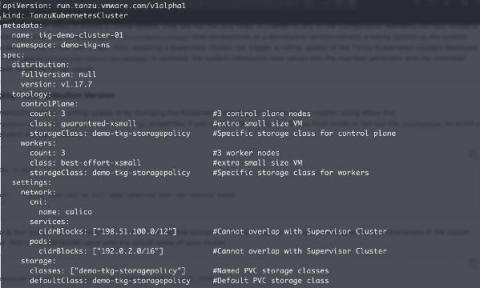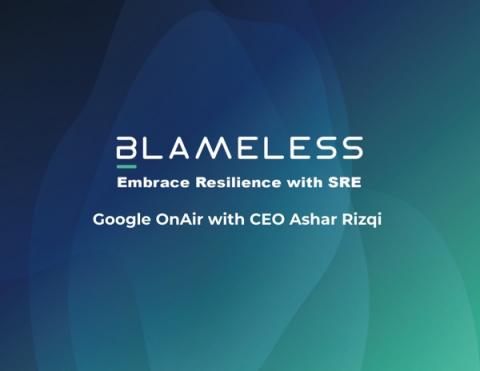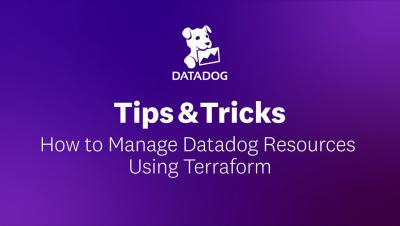The State of Event-Driven Automation
Talking about competition can be hard. It’s understandable. Product positioning can be touchy subjects especially when those use cases overlap. In the DevOps space, event-driven architectures are certainly not a new concept. Companies like Netflix, LinkedIn, and Facebook have in-house tools built specifically for this type of automation. However, Relay’s mission is make it easy for everyone to build event-driven workflows – not the Netflix-es of the world.


